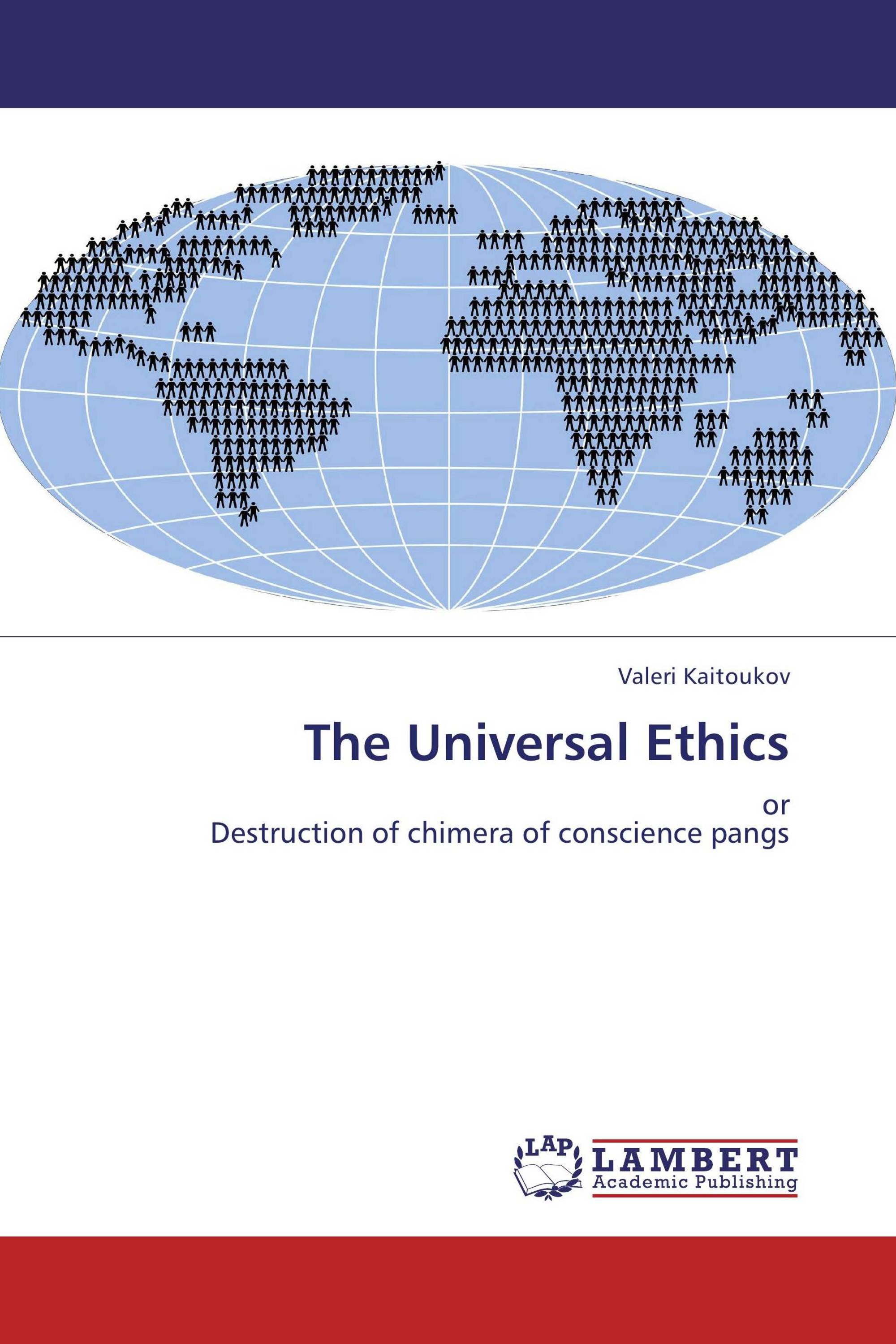
Martin Bohle Advisor - Directorate General Research and Innovation, European Comission.Lashuel Associate Professor, EPFL - WEF-YGL (2012) Francesco Pomponi Vice Chancellor's Research Fellow, Edinburgh Napier University.Amanda Randles Assistant Professor, Duke University.Josemar de Campos Maciel Professor, Dom Bosco Catholic University.

Hayes Assistant Professor of Astronomy, Cornell University

Rohan Narayan PhD student, Cardiff University.Enrico Costa Public Information Officer, Ca' Foscari University of Venice.Anne Carpenter Institute Scientist, Imaging Platform Director, Broad Institute of Harvard and MIT.Elujulo Opeyemi Research Assistant, Blue Gate Public Health Promotion Initiative.Gunnel Halldén Reader Cancer Gene Therapy, Barts Cancer Institute, Queen Mary University of London.Carla Bento Research Associate, Astex Pharmaceuticals, UK.Massimo Pizzol Associate Professor, Aalborg University.It serves as a tool to nurture a positive change of culture in the research world by not only guiding and shaping the behaviour of individuals but also the processes of the scientific institutions that are to facilitate this cultural shift.Įach stakeholder of the research environment is invited to endorse the following seven principles, which explore what it takes to be an ethical scientist today and how individuals, groups and institutions can contribute to securing a positive environment for the greater research outcomes benefiting society as a whole.
Ethics universal ibarcoder code#
This universal Code of Ethics is the result of their extensive reflections and consultations with researchers and ethicists. The World Economic Forum Young Scientists Community - a group of leading researchers under the age of 40 from diverse fields and all regions of the world - came together to identify and reflect on the cross-cutting ethical issues they are faced with. Many examples exist, but so far no code of conduct or ethics that is interdisciplinary and global in its perspective has achieved universal uptake. Any corruption of the scientific process impacts the perceived credibility of important contributions to knowledge, making it harder to engage with the general public, and affecting the ability of scientists to translate discoveries into practical solutions or public policies.Ĭodes of ethics seek to safeguard these high standards of behaviours and practices. Moreover, in an era in which leaders publicly question the consensus of the scientific community, upholding the highest standards of research practice is more important than ever. This new context gives rise to redefining the social and moral contracts that bind researchers to society and infusing it with the most irreproachable behaviours.

As society gains access to more sources of information and diverging opinions, and as a growing number of reports are throwing the reliability of scientific research into question, scientists are under scrutiny, questioned and mistrusted.


 0 kommentar(er)
0 kommentar(er)
